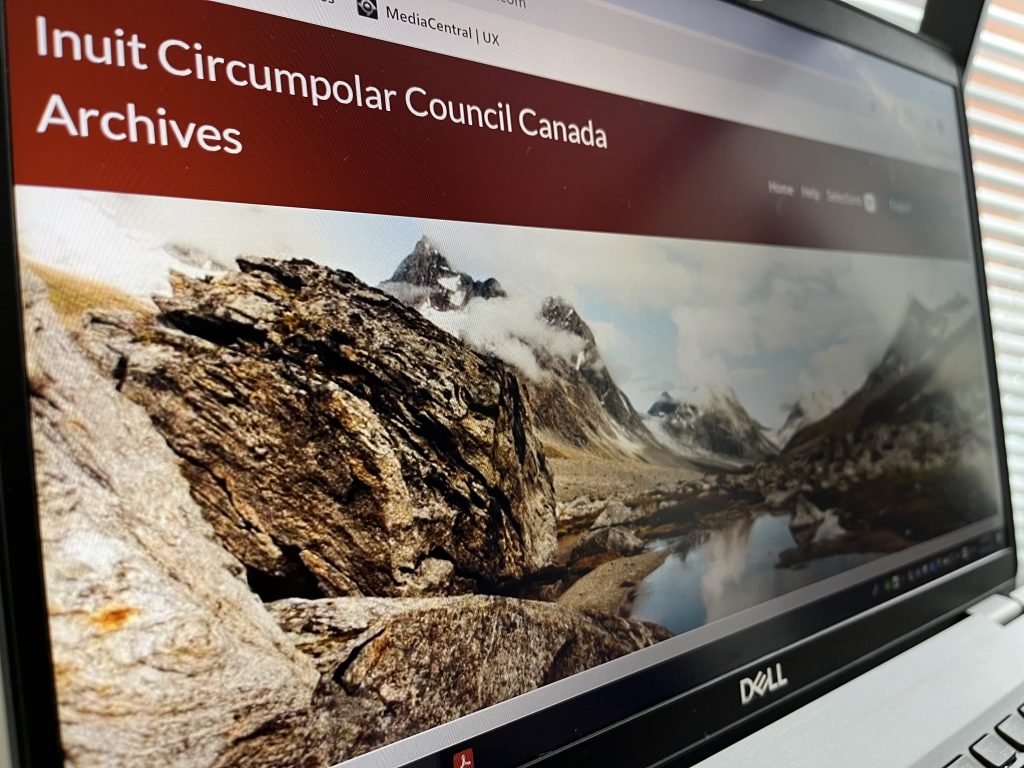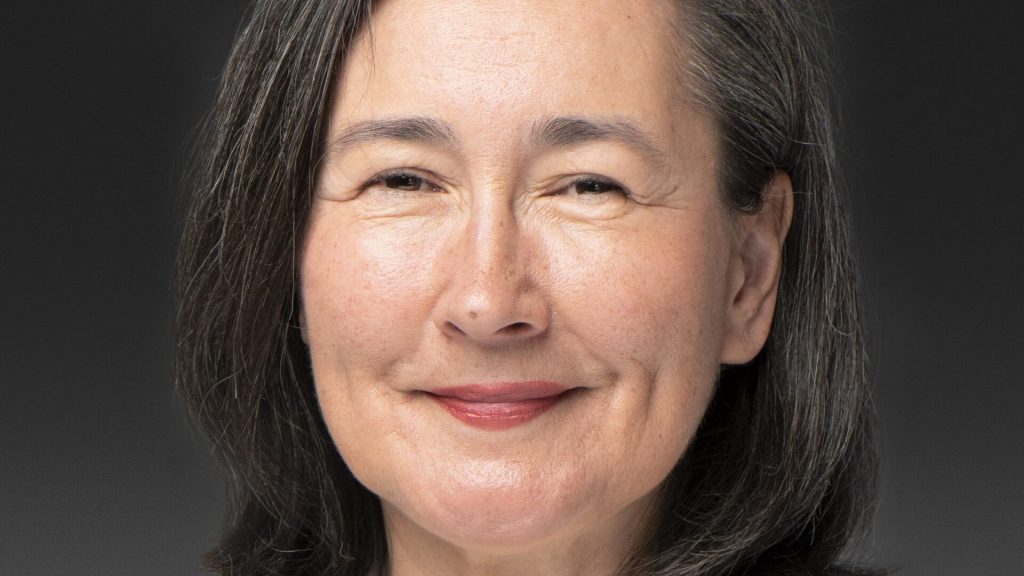Inuit Circumpolar Council launches archive to showcase Inuit global contributions

The Inuit Circumpolar Council-Canada has launched a digital database that the organization hopes will make their collections easily available and illuminate the 50 years of work Inuit have done on the global stage.
Materials in the archives include everything from ICC startup documents, project papers, speeches from early ICC leaders, as well as photos, books and art pieces.
“History is really important, so it’s really nice to see [everything] becoming organized and accessible” Lisa Koperqualuk, president of ICC-Canada and ICC’s international vice-chair, told Eye on the Arctic.
ICC started in 1977 and represents the approximately 180,000 Inuit in Canada; Greenland; Chukotka, Russia; and in Alaska in the United States.
In addition to the ICC’s international leadership, each country has an ICC office with its own president and board.
ICC-Canada has been working on the archive for two years after receiving a government grant allowed them to hire an archivist to work on organizing and supervising the project, and digitizing what was in physical form.

Koperqualuk said ICC sees the collection as being invaluable to everyone from Inuit researchers, teachers, and students, to journalists and international academics.
ICC knew from day one they wanted it all digitized so it could be easily accessed by Inuit no matter where they lived, Koperqualuk said.
“It was an enormous amount of information that had accumulated over nearly 50 years,” she said.
“I’m just really glad of the fact that it’ll be accessible now to anyone interested in the work that we do advocating Inuit priorities in international arenas.”
- 25 metres of physical documents
- 3,000 physical photos
- 10,000 digital photos
- 100 fine art pieces
The archive can be accessed in English, Inuktitut syllabics, or Qaliujaaqpait, the Inuit language written in roman orthography.
The site also has an interactive section where ICC hopes the public can contribute to identifying individuals in archival images whose names have been forgotten to time.
“People will see photos where names are not given for people [in them],” Koperqualuk said. “So there’s an opportunity for people to provide the names of people that they recognize with the feedback button, so I think that will be very useful.”
Next steps for the project include organizing archival documents from Alaska, Chukotka and Greenland.
“The other ICC countries are looking to follow a similar process [as ICC Canada],” Koperqualuk said.
“Whether the archival office will be centralized within ICC Canada, or whether each office will have [their own] archival office is still in discussion and something that we’re all going to decide together.”
The archive can be accessed at https://iccc-archives.andornot.com/.
A tutorial on how to navigate and use the database is available here: https://iccc-archives.andornot.com/help.
Comments, tips or story ideas? Contact Eilís at eilis.quinn(at)cbc.ca
Related stories from around the North:
Canada: Project to digitize works from Inuit artists gets further grant from Canadian Heritage, Eye on the Arctic
Greenland: ICC Greenland joins the Arctic Economic Council, Eye on the Arctic
Sweden: U.S. archives show thousands of Swedes fought Nazis during WWII: author, Radio Sweden
United States: International Inuit Day on Nov. 7 marks Inuit leadership and accomplishments, Eye on the Arctic



